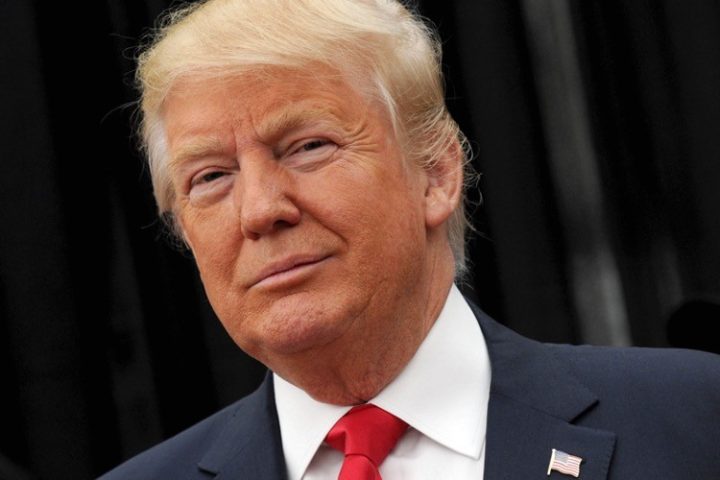
The three lawyers representing former President Donald Trump mince no words in the lawsuit they filed on his behalf against the Department of Justice on Monday afternoon:
On August 8, 2022, in a shockingly aggressive move — and with no understanding of the distress that it would cause most Americans — roughly two dozen Special Agents of the Federal Bureau of Investigation (“FBI”), directed by attorneys of the U.S. Department of Justice (the “Government”), raided the home of President Donald J. Trump.
According to the government, the agents seized documents, privileged and/or potentially privileged materials, and other items — including photos, handwritten notes, and even President Trump’s passports — that were outside the lawful reach of an already overbroad warrant.
The lawsuit implies that that broad overreach reflected the weaponization of law enforcement:
Law enforcement is a shield that protects Americans. It cannot be used as a weapon for political purposes.
The suit raises several questions by the former president:
- Why raid my home with a platoon of federal agents when I [Trump] have voluntarily cooperated with your every request?
- What are you trying to hide from the public — given that you requested that I turn off all home security cameras, and even refused to allow my attorneys to observe what your agents were doing?
- Why have you refused to tell me what you took from my home?
The government has so far, claims the suit, been either unable or unwilling to answer these questions:
The Government has declined to provide even the most basic information about what was taken, or why….
Significantly, the Government has refused to provide President Trump with any reason for the unprecedented, general search of his home.
To date, the Government has failed to legitimize its historic decision to raid the home of a President who had been fully cooperative.
Building its case that the search was “unreasonable” and therefore in violation of the Fourth Amendment’s prohibition of such searches, the suit claims that “the actual chronology of events clearly establishes that there was no ‘exigency [pressing or urgent need]’ for a forceful raid.”
The lawsuit claims that the warrant issued by the magistrate judge was so broadly written that, for all intents and purposes, it served as a “general warrant” that allowed agents to “rummage” through Trump’s private papers and personal effects. It quotes from previous rulings that the Fourth Amendment was designed to prohibit the “specific evil” of such “rummaging in a person’s belongings.”
The lawsuit reviews some history behind the Fourth Amendment:
That type of rummaging was permitted [demanded] during the colonial era by a “general warrant,” which the Fourth Amendment is specifically intended to preclude….
It is familiar history that indiscriminate searches and seizures conducted under the authority of “general warrants” were the immediate evils that motivated the framing and adoption of the Fourth Amendment.
The warrant failed the “particularity” test (i.e., “No warrants shall issue but upon probable cause … and particularly describing the place to be searched, and the persons or things to be seized”):
In fact, the Search Warrant’s broad scope was in violation of the Fourth Amendment’s particularity requirement and thus the warrant permitted a “general search,” prohibited as unconstitutional since red-coated [British] soldiers created the need for the requirement in the first place.
Because Trump and his lawyers don’t trust the DOJ or the FBI, the suit asks the court to halt the investigation into the papers they seized, and to provide a third party — an outside, unaffiliated party called a “Special Master” — to conduct the investigation. Such a third party is needed, claims the lawsuit, “to preserve the sanctity of executive communications and other privileged materials.”
The suit makes it clear that Trump and his lawyers don’t trust the “Government”:
With the conclusion that the materials seized from [the Trump residence] are all presumptively privileged, it is unreasonable to allow the prosecutorial team to review them without meaningful safeguards.… Only a neutral review by a Special Master can protect the “great public interest.”
The suit was filed in the U.S. District Court, Southern District of Florida, where it will be heard by a Trump appointee, Judge Aileen Cannon.
Related article:



